Can we conceive what humanity would be if it did not know the flowers?
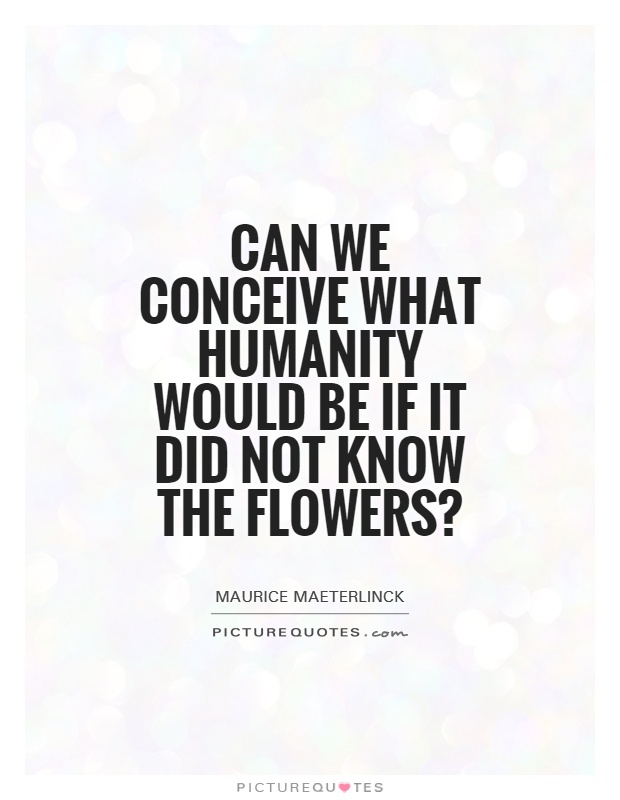
Can we conceive what humanity would be if it did not know the flowers?
Maurice Maeterlinck, a Belgian playwright and essayist, was known for his deep appreciation of nature and the beauty of the natural world. In his works, Maeterlinck often explored the interconnectedness of all living things and the profound impact that nature has on human beings. One of his most famous quotes, "Can we conceive what humanity would be if it did not know the flowers?" speaks to the essential role that nature, and specifically flowers, play in shaping our understanding of the world and our place within it.For Maeterlinck, flowers were not just objects of beauty, but symbols of the divine and the transcendent. In his essay "The Intelligence of Flowers," he argued that flowers possess a kind of wisdom and consciousness that is beyond human comprehension. He believed that by observing and contemplating the beauty of flowers, we could gain insight into the mysteries of the universe and our own existence.
In Maeterlinck's view, flowers are not just passive objects to be admired, but active participants in the grand drama of life. They are the embodiment of the life force that animates all living things, and their beauty serves as a reminder of the interconnectedness of all beings. Without flowers, humanity would be deprived of a vital source of inspiration and wonder, and our lives would be much poorer for it.
In a world without flowers, Maeterlinck suggests, humanity would lose touch with the sacred and the sublime. We would become disconnected from the natural world and the rhythms of the earth, and our souls would wither from lack of nourishment. Flowers, with their delicate beauty and ephemeral nature, remind us of the fleetingness of life and the importance of living in harmony with the world around us.


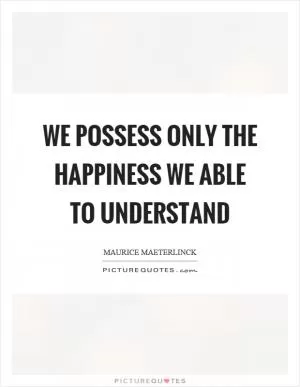

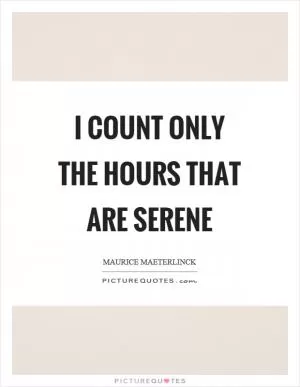

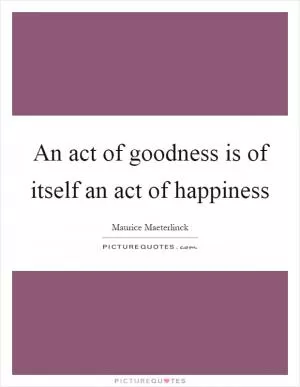
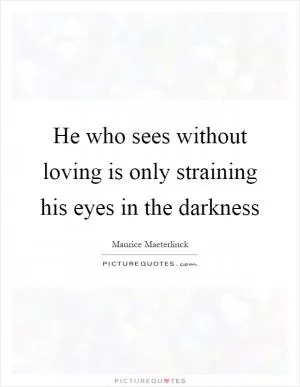



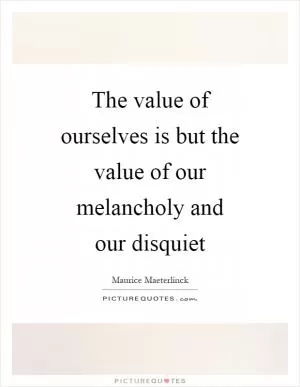
 Friendship Quotes
Friendship Quotes Love Quotes
Love Quotes Life Quotes
Life Quotes Funny Quotes
Funny Quotes Motivational Quotes
Motivational Quotes Inspirational Quotes
Inspirational Quotes